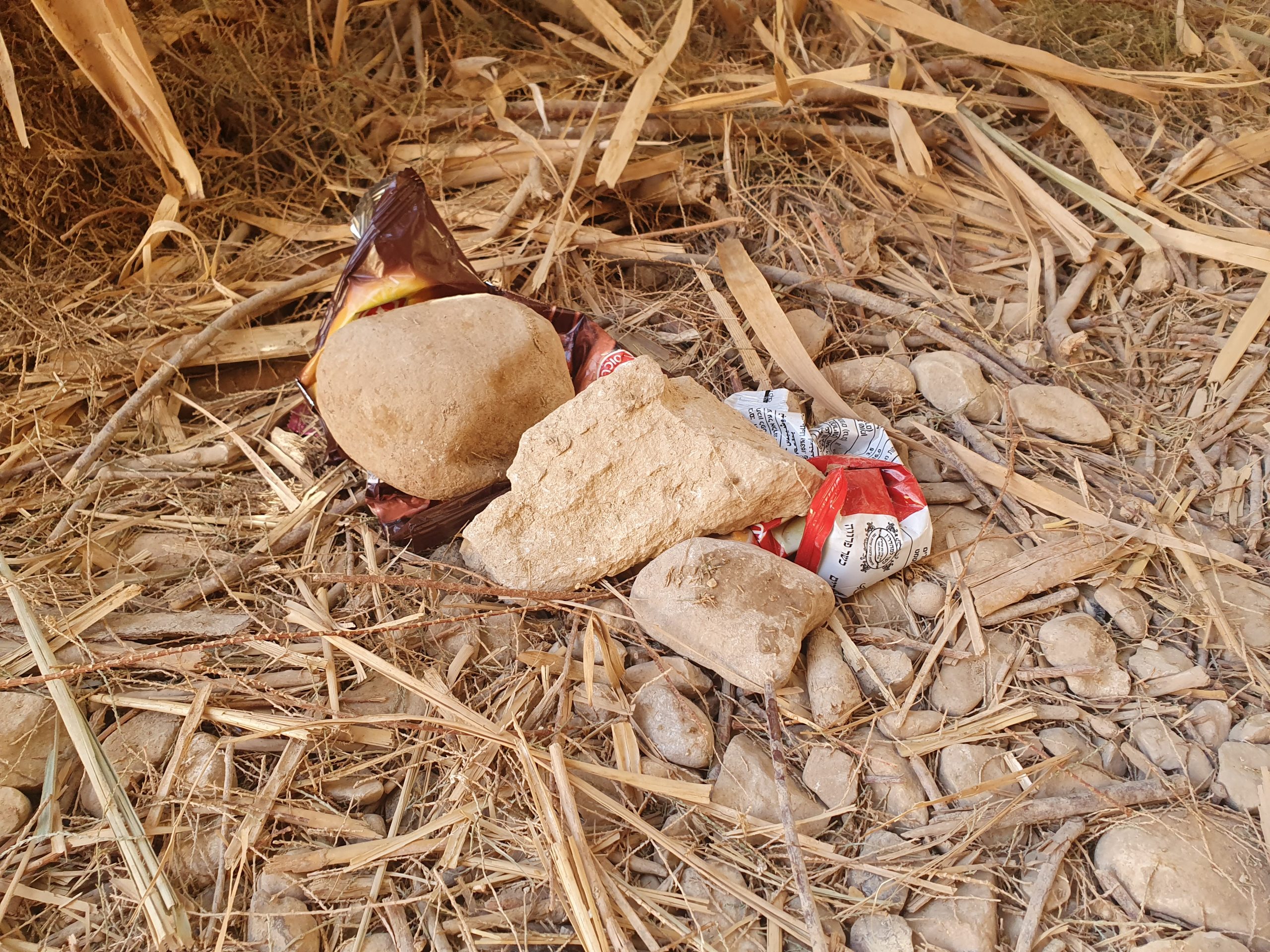The Line Between Religion and the Environment
December 15, 2019Is there a connection between religion and the environment? It is often thought that caring about religion does not go hand in hand with being environmentally conscious. However, religious leaders of different faiths are confronting this misconception
The Interfaith Center for Sustainable Development (ICSD) is an organization in Israel that raises awareness about ecological issues and uses religion to support their arguments. Rabbi Yonatan Neril, the founder of the organization, explained the background of this supposed contradiction between the environmental protection movement and religious communities. If not addressed, he explains, it could lead to more division and less progress when it comes to the safety of the planet.
The reason for the divide between the environment and religion is traced back to when “modern ecological awareness arose at the same time as the hippie movement and free love movement,” Neril explains. Many people saw this and believed that “these movements are secular movements that are anti-religion. The environmental movement got grouped into those other movements,” he adds. Currently, there is “a tendency in religion to focus on the details of theology.” People may discuss and learn about God and ancient teachings rather than how they connect to modern issues. This leads to a lack of openness among these communities when learning about the environment, despite its urgency and relevancy.
Because of the divide between religious groups and their environmental awareness, there is not much action taken by religious communities, especially in Israel, to show that they care about the problems facing the planet. For example, the Orthodox Jewish community in Israel uses many single-use plastics because it is easier to feed large groups of people and to ensure kashrut, or food that satisfies the dietary standards of Jewish tradition.
ICSD is pushing to show religious communities in Israel that because of their religious teachings, they actually should take more action to care for the safety of the planet and people. For example, Judaism has the commandment of “Bal Tashchit,” which promotes not being wasteful. “Shmita” is another law commanding farmers to refrain from cultivating their land every seventh year to allow the land to repair itself, thus avoiding soil degradation. Christianity teaches that people must repent for damage, done to nature and Islam values unity and balance in nature. Almost every other religion has reasons for people to care for the planet.
Rabbi Neril speaks with religious communities urging them to consider their own religions’ ideas regarding the planet, for example, soaking produce in saltwater instead of using pesticides, which are harmful to the environment. Neril says, “that is what Jews did for thousands of years, and Jews can continue to do that.” He also advises non-clergy members to ask their rabbis, priests, and imams to talk about environmental issues in order to set an example for other religious leaders.

Pope Francis has been a vocal advocate for ecological awareness in the Catholic community around the world. In a meeting with leaders of large oil companies, Pope Francis asked them to address their emissions and to hear the “increasingly desperate cries of the earth and its poor.” The Pope has often expressed that it is because of his faith that he believes it is our duty to “redirect our steps and to avert the most serious effects of the environmental deterioration caused by human activity.” He believes that people must protect God’s creation and ask for forgiveness for the disadvantages that some communities have faced due to climate change.
Katharine Hayhoe is another example of someone bridging the divide between religion and science. She is an Evangelical Christian who advocates for climate issues and urges other Christians to use their faith as motivation to take action to help the planet. In an interview with “got science?” a podcast, Hayhoe speaks about the ways that climate change affects the poor more than anyone else, and explains that as a Christian, it is her duty to help “the poor and vulnerable of this world who are being disproportionately affected by a changing climate.”
Rabbi Neril explains that one of his challenges in convincing different religious groups to join his movement is the belief that there will be a time that all problems will be taken care of, known as the Messiah, End of Days, or the Apocalypse. They argue that it is not the people’s responsibility to care. However, Neril works to show that everyone must make a change in their habits toward sustainability and that their faith supports that. For example, he cites the story where God told Adam that no one would be there to repair the damage done to the earth, so it is his responsibility to care for it. “This is an explicit Jewish tradition from 1,500 years ago that refutes this view that we can degrade God’s creation,” he says.
Rabbi Neril has hope when it comes to bridging the gap between religion and environmental activism. Many large figures in religious communities have already begun to take action and are urging others to do the same. “In 2014, the council of bishops of the church of Sweden issued a statement on climate change. In 2015 Pope Francis released Laudato Si [an encyclical on caring for the earth as everyone’s home]. That same year there was an Islamic declaration on climate change, a Buddhist declaration on climate change, and 100 rabbis signed a letter on Judaism and vegetarianism and veganism.”
The rise in environmental awareness in the religious community may be a sign that change is coming. There is hope for the future of the planet if those who affiliate themselves with religion also begin to affiliate themselves with caring for the environment.
This ZAVIT article was also published in The Jewish Journal on 12/13/2019.







